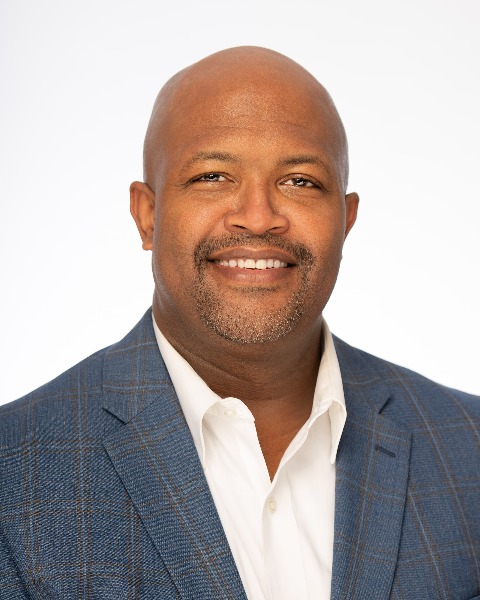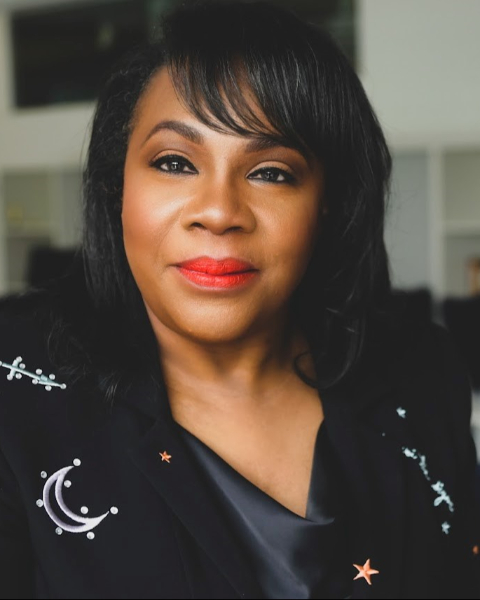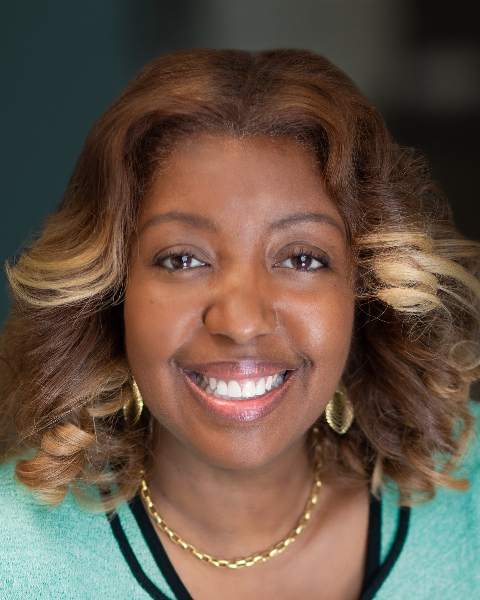Nonprofit and Foundations
Retelling the Stories of Regional and Community Foundations: Journeys in Centering Racial Equity
-

Leon Andrews, n/a
President & CEO
Equal Measure, United States -
.jpg)
Seth Klukoff (he/him/his)
Vice President, Thought Leadership
Equal Measure
Philadelphia, Pennsylvania, United States -

Wendy Jackson
Managing Director
Detroit Program, The Kresge Foundation -

Shannon Polk
President & CEO
President & CEO Ann Arbor Area Community Foundation
Facilitator(s)
Author(s)
Presenter(s)
Location: Grand Ballroom 7
Abstract Information: Over the past few years, a number of regional, community, and national foundations have embarked on journeys to more deeply—and sharply—center racial equity and intersectionality in all aspects of their operations. These organizations are telling new stories—reshaping longstanding community investment strategies, and refining and restructuring programming to eliminate the structural causes of disparities in outcomes for historically marginalized individuals. In some cases, foundations are crafting bold new strategies to redefine what it means to be a civic leader. Others are engaging in transformative solidarity to create a stronger and more cohesive region. And others are taking a powerful stand to center the leadership and expertise of Black people and people of the global majority in a large metropolitan community. In each case, these funders are retelling their stories, shifting narratives to craft a radical transformation of their roles as community leaders—rethinking the roles of power, allyship, and privilege to collectively build and repair the regions they serve. In this Presidential Strand, Leon Andrews, President & CEO of Equal Measure (EqM), will facilitate a conversation with leaders of two foundations with significant investments in place—the Kresge Foundation in Detroit and the Ann Arbor Area Community Foundation—that are engaged in significant strategic shifts to retell the stories of their relationships to their communities. Leon will explore the experiences of these funders—each at different points of their racial equity transformation journeys—and delve into topics of importance to evaluators as they collaborate with clients to help them shape, or retell, their racial equity stories.
Relevance Statement: Shifting narratives, in any context, can be a daunting task—a challenge layered with complexities such as power dynamics, entrenched agendas, and mindsets accustomed to thinking and believing in a certain way. Navigating this journey toward narrative change—particularly one that aims to transform how longstanding regional philanthropies think about and conduct their work in the service of racial equity and intersectionality—can be even more difficult without a roadmap. Evaluative practice can shape this roadmap for narrative change, offering strategies rooted in methodologies that amplify community voice, “make sense of” data collected from different audiences (especially individuals not typically “at the table”), foster a deeper understanding of the regional landscape through interviews and literature reviews (white, grey, and peer-reviewed), create opportunities for ongoing reflection within the foundation and among different community members, and establish evidence-based performance indicators that measure progress toward the foundation’s narrative change goals and aims for impact. In short, “retelling the story” requires a comprehensive strategy where evaluators can play a central role—from theory of change or logic model development, to data collection and analysis, to reflection and sensemaking, to making the case for and communicating that new story in ways that are consistent, compelling, and reflective of the communities served. Along with methodology, language plays a significant role in shifting narratives—and questions about language can be even more resonant when racial equity and intersectionality is at the core of the new story. For instance, each of the foundations in this session had deep conversations within their organizations, and among their communities, about how to “talk about” issues of racial equity. In this Presidential Strand session, Leon Andrews of Equal Measure, in conversation with the foundation leaders, will explore the roles of learning and evaluation, language, and civic engagement in retelling stories and shifting narrative—emphasizing practical guidance for evaluators and funders in the midst of, or contemplating, similar narrative transformations.


